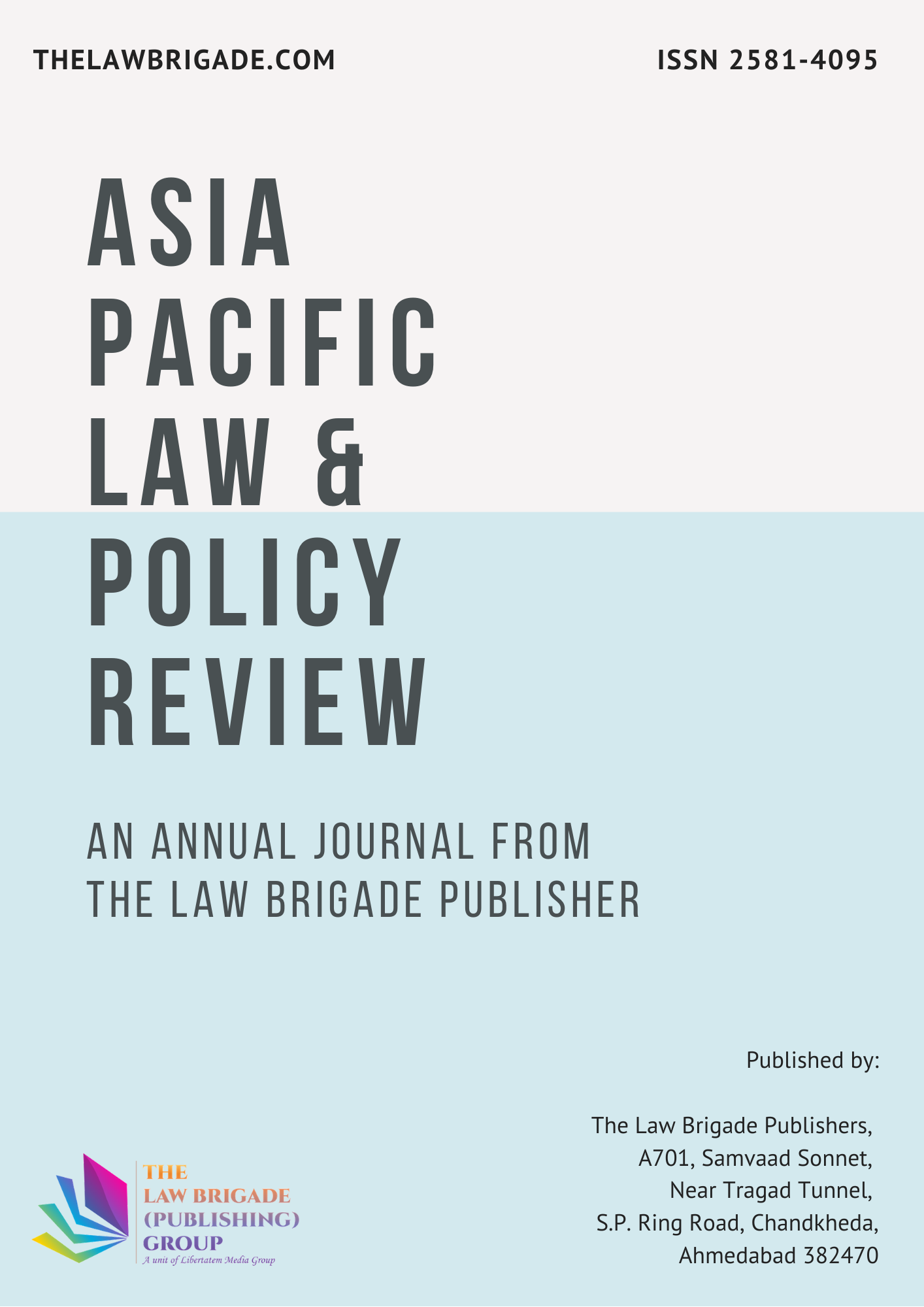Farmer’s crop was targeted from mostly insects and caused huge loss to in the agricultural production approximately 10-90%. To reduce the loss as well as prevent the attack of insecticide over the crops, necessity felt to use insecticide. Insecticides are agents of chemical or biological origin that control insects. Control may result from killing the insect or otherwise preventing it from engaging in behaviors deemed destructive.[i]
The first recorded use of insecticides is about 4500 years ago by Sumerians who used sulphur compounds to control insects and mites, whilst about 3200 years ago the Chinese were using mercury and arsenical compounds for controlling body lice.[ii] Particularly in 19th & 20th century, major research was carried out and new insecticides and fungicides were introduced. Today, several forms of insecticides were evolved such as genetically modified engineered crops etc. These insecticides proved to be effective to prevent attacks of insects on the crops as well. Ultimately, farmers were attracted to use this method to increase the production of the crops. The extensive utilization of insecticide for the farming on regular basis has impacted upon the quality of the crops, land pollution, air pollution, water pollution, health of the farmers etc.
[i] George Ware and David Whitacre, An Introduction to Insecticides, , https://ipmworld.umn.edu/ware-intro-insecticides (last visited on 3rd January, 2022)
[ii] The History of Pesticides, Organic Pesticides, September 19th , 2008, http://blog.ecosmart.com/index.php/2008/09/19/the-history-of-pesticides/ (last accessed on 10th June, 2022).





